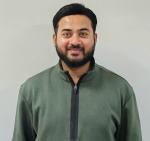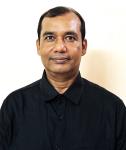The Department of Health Sciences is dedicated to the field of healthcare through providing excellent education and research. The department focuses on preparing students to address complex health challenges, equipping them with the knowledge and skills needed to promote health, prevent disease, and improve healthcare delivery. With a strong emphasis on both theory and practical experience, it fosters an environment that supports interdisciplinary collaboration, innovation, and evidence-based approaches to healthcare. By training future healthcare professionals, the department plays a crucial role in shaping the next generation of leaders in health science. The department encompasses a wide range of disciplines, including Neuroscience, Medical Laboratory Technology, and Cardiology.











